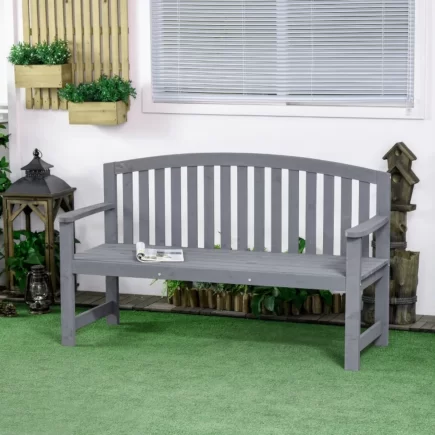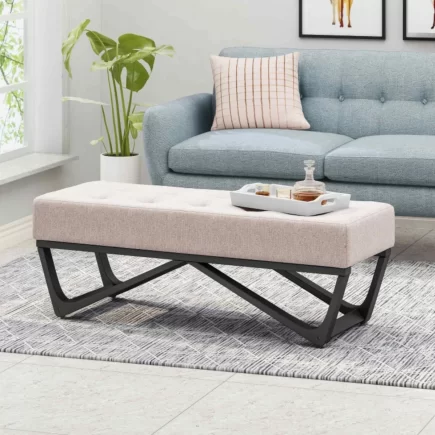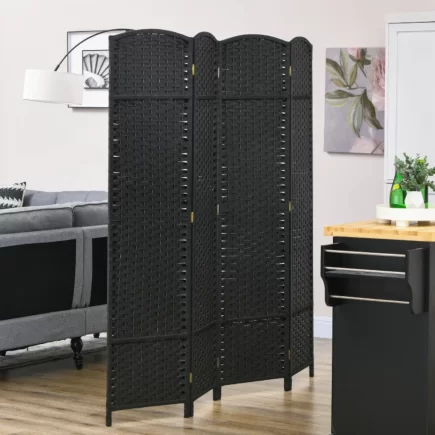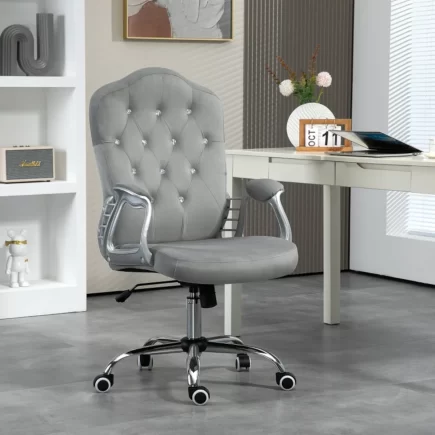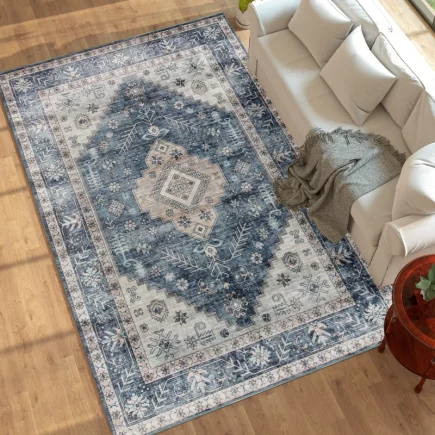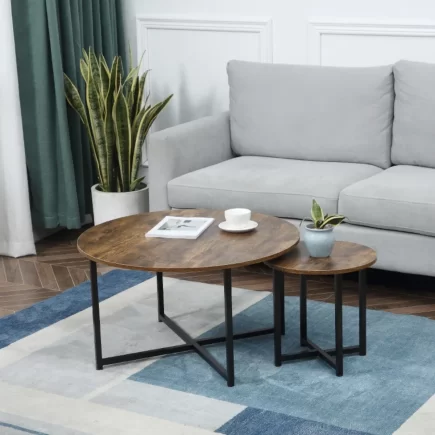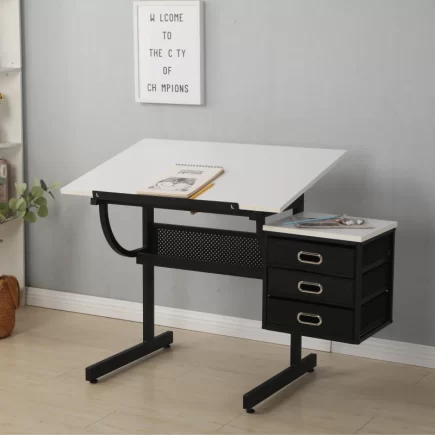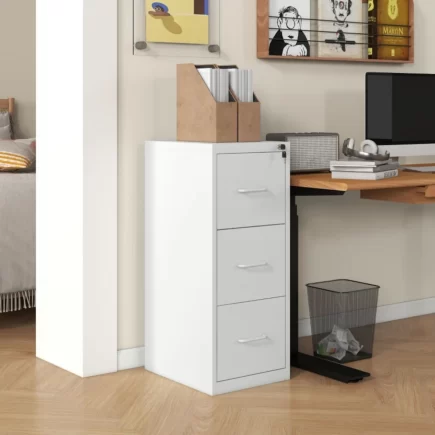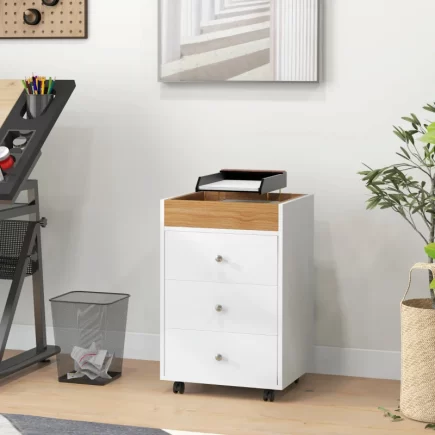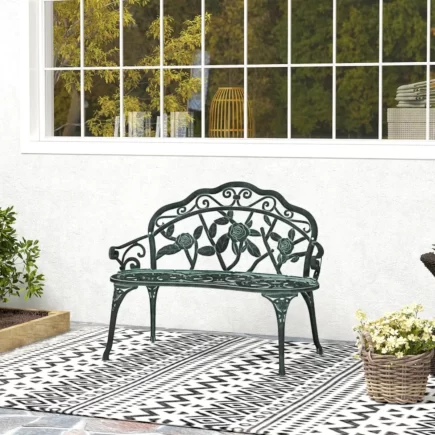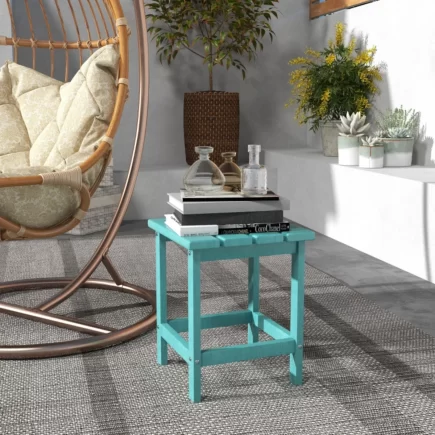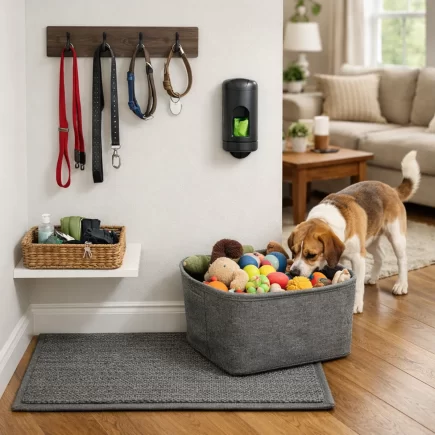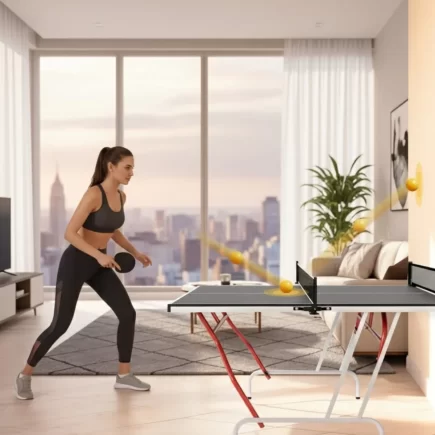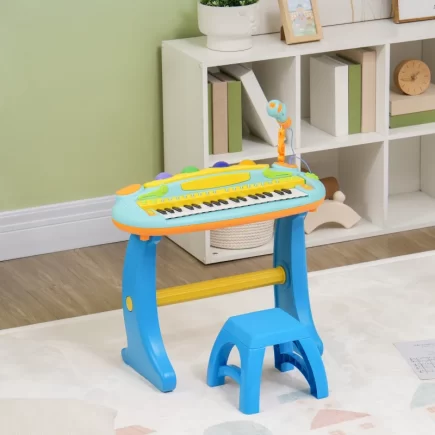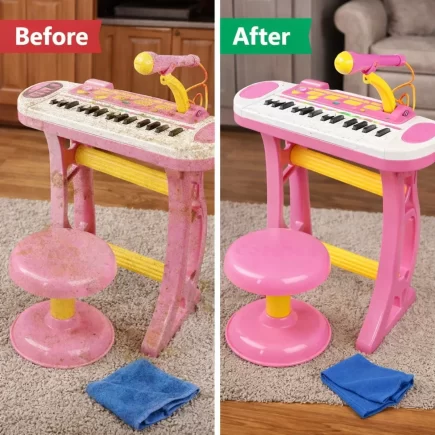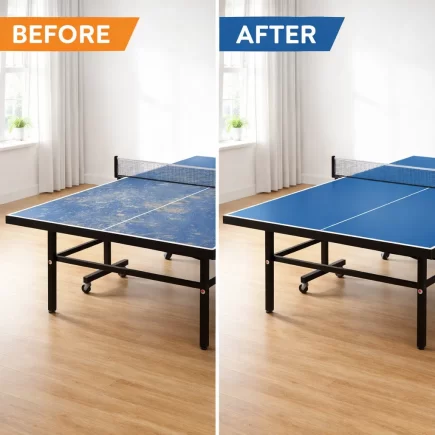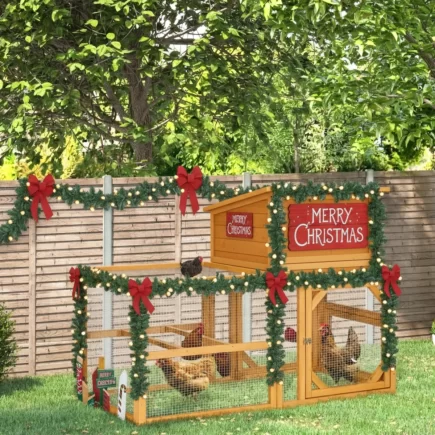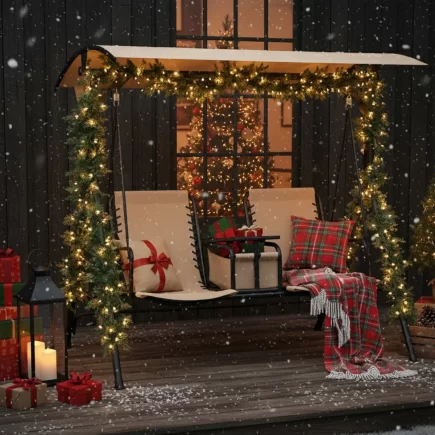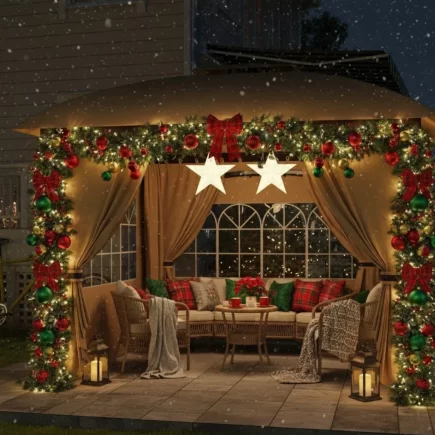
A wardrobe is more than just a piece of furniture; it’s a key component of your home that serves both practical and aesthetic purposes. Whether you’re organizing your clothing or enhancing the overall look of your room, choosing the right wardrobe can transform your space.
This article walks you through the essential steps to help you make an informed choice based on your storage needs, available space, style preferences, and budget.
1. Identify Your Storage Requirements
Start by considering how you’ll use your wardrobe. Understanding your storage needs is key to choosing the right design.
Clothing Types and Storage Needs
Consider the type and amount of clothing you own. Do you have suits that need to be hung or mostly casual clothes that you can fold? Prioritize what you store the most, whether it’s hanging items like suits or folded items like sweaters.
Accessories and Shoes
If you have many shoes, scarves, handbags, or other accessories, you’ll want a wardrobe with extra drawers, shelves, or pull-out baskets for organization.
Hanging vs. Folding
Do you need more hanging space for coats and dresses or more shelves for folded items? A balanced mix of both might be ideal, but it depends on your personal wardrobe.
2. Assess Available Space
The next step is measuring the available space in your room. The wardrobe should fit without crowding the area or obstructing the room’s flow.
Measure Your Space
Measure the dimensions of the space where you plan to place the wardrobe. This helps determine the size of the wardrobe that will fit without overwhelming the room.
Room Layout and Flow
Think about where to place your wardrobe for the best functionality. Ensure it doesn’t block windows, doors, or important features in the room. The wardrobe should flow naturally with the room’s layout to avoid cluttering the space.

3. Choose the Right Type of Wardrobe
Wardrobes come in three main types: freestanding, built-in, and modular. Each type has unique advantages.
Freestanding Wardrobes
These are movable and flexible, making them ideal for renters or people who change their room layout often.
Built-in Wardrobes
For a more permanent solution, built-in wardrobes offer a custom design and integrate seamlessly into the room. These are perfect for maximizing storage in smaller spaces.
Modular Wardrobes
Modular wardrobes allow you to mix and match components, adapting to your changing storage needs over time. This flexibility makes them a good option if your wardrobe needs evolve.

4. Select the Ideal Storage Features
To maximize organization and accessibility, consider these key features when selecting a wardrobe.
Hanging Rods and Compartments
Consider how many hanging rods you’ll need for short and long garments. A combination of high and low rods will give you versatility.
Shelves and Drawers
You’ll need shelves for folded clothes and shoes, and drawers for accessories or small items like scarves and jewelry.
Pull-out Sections or Baskets
These are helpful for organizing smaller items and making it easier to access shoes, ties, or other accessories.
5. Think About Durability and Quality
The quality of materials and construction plays a significant role in the wardrobe’s lifespan and functionality.
Materials
Solid wood is durable and long-lasting, while engineered wood (like MDF or particleboard) is more affordable but less sturdy. If you plan to use your wardrobe for years, investing in higher-quality materials is a wise choice.
Construction Quality
Pay attention to the craftsmanship. Look for well-constructed joints, strong hardware, and a sturdy frame. A well-built wardrobe will last much longer.

Maintenance
Some materials, especially wood, require occasional maintenance like polishing to maintain their look. Metal wardrobes are usually low-maintenance but need regular cleaning.
6. Choose the Right Doors
The type of doors your wardrobe has will affect both functionality and aesthetics.
Swing Doors
These traditional doors require more space to open fully, making them best suited for larger rooms.
Sliding Doors
Sliding doors are a great space-saver, ideal for smaller rooms or tight spaces since they don’t require extra clearance.
Bi-fold or Fold-out Doors
These compact doors fold in half when opened, taking up less space than traditional swinging doors. They’re perfect for tight spaces.
Mirrored Doors
Mirrored doors can create the illusion of a larger space and enhance light in the room, while also serving as a functional mirror for quick outfit checks.
7. Reflect on Your Style Preferences
The wardrobe should complement the room’s overall aesthetic. Think about the look you want to achieve.
Style and Design
Whether you prefer a modern, sleek design or a traditional, rustic feel, the wardrobe should align with your room’s decor. This ensures a cohesive and visually appealing look.
Materials and Finishes
Wooden wardrobes offer a classic, warm look, while metal ones provide a contemporary feel. Glass doors or panels can add a modern touch, offering a lighter, more open feel.
Color Palette
Choose a color that blends well with the room’s existing color scheme. Neutral tones will complement most rooms, but a bold, contrasting color can make the wardrobe a statement piece.

8. Budget and Value for Money
Your budget plays a crucial role in the selection process. Here’s how to make sure you’re getting good value for your money.
Set a Budget
Determine how much you’re willing to spend on the wardrobe and include additional costs like installation and lighting.
Quality vs. Price
While higher-quality wardrobes may have a higher upfront cost, they often offer better value over time. A durable wardrobe will last longer and require less maintenance, ultimately saving you money.
9. Think About Assembly and Installation
Consider whether you want to assemble the wardrobe yourself or have it professionally installed.
Ready-to-Assemble vs. Pre-assembled
Ready-to-assemble wardrobes are generally more affordable but require time and effort for assembly. Pre-assembled wardrobes are convenient but may cost more.

Professional Installation
For built-in wardrobes or larger pieces, professional installation ensures the wardrobe is correctly placed and assembled, avoiding mistakes and saving you time.
10. Anticipate Future Needs
A good wardrobe should be adaptable as your storage needs change.
Flexibility
Choose a wardrobe with adjustable shelves, rods, or compartments to accommodate your changing storage needs. Modular wardrobes offer the most flexibility, allowing you to add or rearrange components as your collection grows.
Selecting the Ideal Wardrobe for Function and Style
Choosing the right wardrobe involves assessing your storage needs, available space, style preferences, and budget. By following these steps, you’ll be able to select a wardrobe that not only meets your functional needs but also complements the aesthetic of your room.
Take your time when making this decision. With careful planning, the right wardrobe can enhance your room’s style, help you stay organized, and provide lasting value. Start by measuring your space, outlining your storage needs, and considering all options before making your final choice.
FAQs
1. What if my bedroom is very small, can I still fit a wardrobe?
Yes. Opt for sliding-door or wall-mounted wardrobes to save clearance space. Mirrored doors can also make a small room feel larger.
2. How do I select a wardrobe for a shared bedroom?
Choose a wardrobe with divided compartments, dual hanging rods, separate shelves, or split drawers, so each person has a dedicated section.
3. What wardrobe design works best for modern interiors?
Minimalist designs with clean lines, neutral colours, and sliding or mirrored doors blend seamlessly into contemporary spaces.

